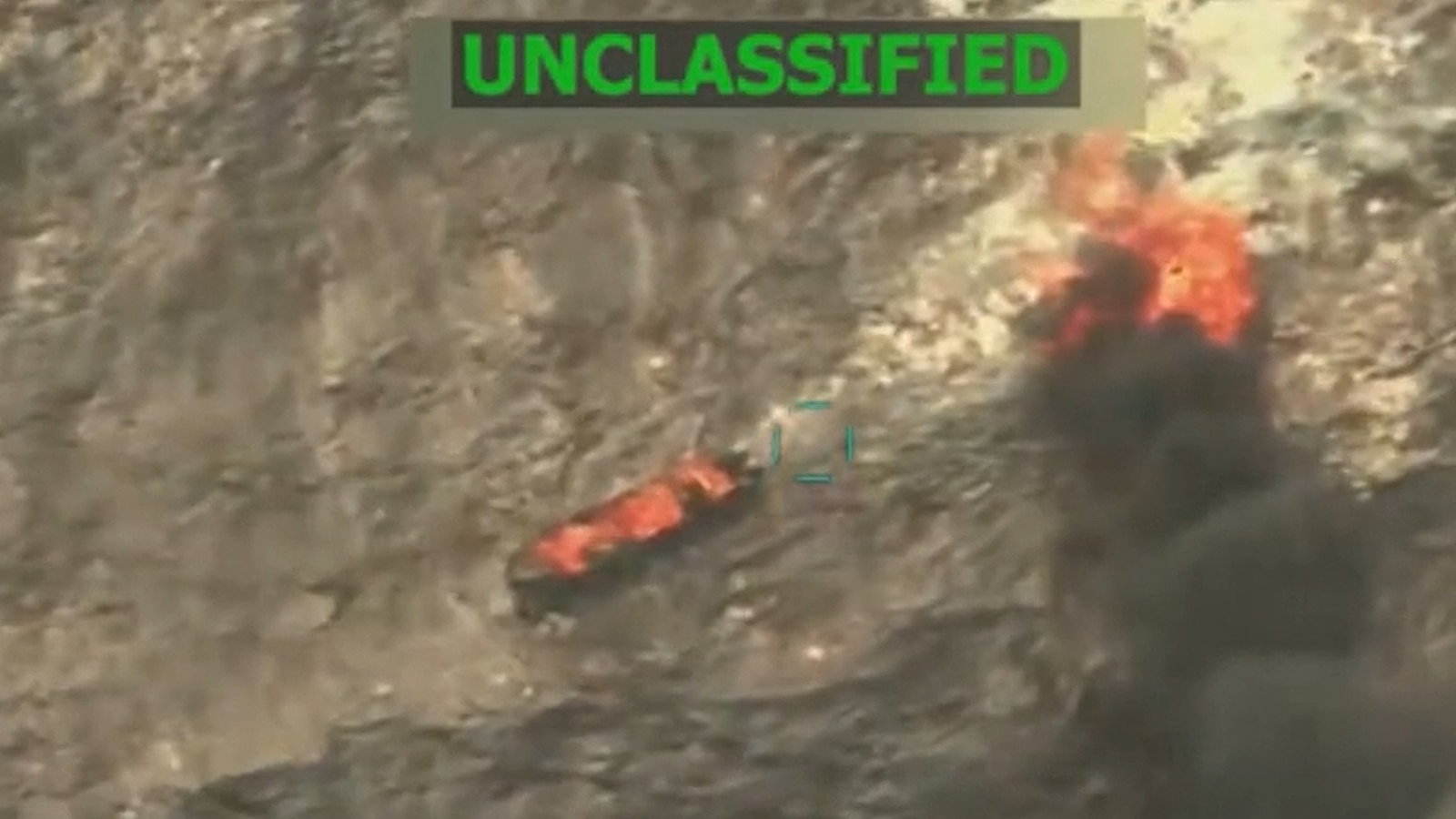Opinion for The Latino Newsletter

Via Canva Pro
As Donald Trump and his cabinet have amplified their rhetoric over drug trafficking, missile destroyers and other naval vessels have been stationed in the Caribbean Sea to combat drug cartel operations. Their presence has not been static: the United States has already struck three purported narcolanchas under suspicion that they were carrying drugs out of Venezuela.
All this has occurred after the Department of Justice’s 2020 bounty for Nicolás Maduro on charges of drug trafficking, corruption, and pro-terrorism schemes increased to $50 million.
Reaction in North American media has been mixed, with some journalists and experts showing strong concern. Writing in the New York Times, W.J. Hennigan was appalled, suspecting that the Trump administration might be setting the grounds for a “U.S.-engineered deposition.” While I find this understandable — for the failures of neoconservative foreign policy remain fresh in Americans’ minds — one important question about this issue is glaringly absent in these conversations: What do Venezuelans want?
In short, a change of government.
Venezuelans want a drastically different life. A country where hyperinflation, high criminality rates, and extreme corruption are things of the past. A nation free from the surveillance mechanisms that have plunged its citizens into fear.
It is not surprising that after decades of authoritarianism and violence, 65% of Venezuelan migrants would return if the opposition assumed the country’s leadership — a change of economic policy with Chavismo still at the helm would not be enough.
And while the Trump government has framed its military presence close to Venezuela’s coasts as an operation against cartels and not in favor of regime change, Venezuelans have perceived this as the start of a potential action to topple Maduro, who has resisted peaceful and electoral means toward change, once and for all.
Consider this viral TikTok video that spoofs one of Naruto Shippuden’s openings, where Trump, Marco Rubio, and Venezuelan opposition leaders María Corina Machado and Edmundo González appear as rightful ninjas of the Leaf Village, whereas Maduro and many of his ministers are shown as the villainous Akatsuki.
@ia_desatada Opening Parodia Naruto Versión 2 #venezuela #humor #maduro #mariacorinamachado #ia
Not Ideal
Of course, this is not the ideal scenario.
In 2018, 54% of Venezuelans reported opposing a foreign military intervention to remove Maduro. However, as Machado, long sympathetic to the idea of a humanitarian intervention, has eclipsed the popularity of every other politician over the years and become the opposition’s leader, we cannot underestimate the relevance of her position.
In any case, it’s important to backtrack and consider why other attempts at achieving democracy in Venezuela have failed — why, as many say in the country, no podemos solos.
First, electoral processes have occurred under unfair conditions since before Hugo Chávez's death. Nowadays, they’re clearly rigged. While accusations of manipulating tallies during the days of voting under Chávez’s tenures were flimsy, the government would close down or buy out independent media to decrease criticism and amplify their propaganda. The Consejo Nacional Electoral (CNE), the body that oversees voting procedures and has historically been led by members of the ruling party, arbitrarily set rules that blatantly favor Chavismo. Intimidation from colectivos, pro-Chávez paramilitary groups, became quite common at polling sites.
Maduro Elections
As for elections under Maduro, Smartmatic, the voting system company that installed Venezuela’s polling machines many years ago, has cast doubt on the legitimacy of electoral results.
Machado, barred from running in the last presidential election, and González, her electoral placeholder, demonstrated that Maduro's victory was a fabrication by digitizing the tally sheets that polling machines release after voting is closed.
On occasions when the opposition has won elections (or was allowed to win), Chavismo has ensured that its effectiveness is limited. In 2015, following the opposition's victory in the legislative elections, the Maduro-aligned Supreme Court actively voided and nullified laws approved by the National Assembly. When opposition candidates are elected as mayors or governors, the Chavista administration has set up and supported paralegal “protectorates” that receive more funding than these regional offices to challenge local decisions.
Futile Protests
Street protests have also been futile in getting the Venezuelan government to change its ways. Consider the student-led 2007 demonstrations — they were crucial in getting the population to reject a series of constitutional amendments in a referendum. However, just a year later, Chávez turned a good portion of the measures he fought for and lost into law through presidential decree.
Maduro has interpreted the protest movements of 2014, 2017, and 2019 — as well as the social eruption that occurred on July 29, 2024 — as justification for amping up the repressive power of the government’s security forces, to the point he has insisted on the need for a “police civilian military alliance” to guarantee peace in the country.
And when Chavista leaders call for change, they suffer the full brunt of the government’s cruelty, as in the death of former defense minister Raúl Baduel.
Venezuelans have attempted every democratic method imaginable to attain a prosperous, peaceful country, yet they continue to suffer under the whims of an immovable beast.
Machado, who received 92.5% of the vote in the opposition’s primary elections in 2023, has already saluted the U.S.’s military actions near Venezuela’s coast and implied it is a part of her plan to fight hasta el final.
Nobody wants innocent bloodshed in the Caribbean and beyond, but if an extraction akin to what happened with Manuel Noriega in 1989 were to occur — an act the Panamanian population thought was overwhelmingly positive at the time — the world can be certain that no matter the consequences, many Venezuelans would celebrate having Maduro out of office.
That is very likely what Venezuelans want, and North American voices should at least ensure that Venezuelan voices are also part of this moment.
Carlos Egaña is a Venezuelan writer and modern languages teacher based in New York.
What We’re Reading
Dallas ICE Shooting: From the Associated Press, “A shooter with a rifle opened fire from a nearby roof onto a U.S. Immigration and Customs Enforcement location in Dallas on Wednesday, killing one detainee and wounding two others before taking his own life, authorities said.” This is a developing story.
Grijalva Wins in Arizona: From The 19th, “Adelita Grijalva is projected to win a special election for the U.S. House seat previously held by her father, Democratic Rep. Raúl Grijalva, who died in March. Grijalva’s victory marks the first time Arizona has voted to send a Latina to Congress, where Latinas remain underrepresented.”
The Latino Newsletter welcomes opinion pieces in English and/or Spanish from community voices. Submission guidelines are here. The views expressed by outside opinion contributors do not necessarily reflect the editorial views of this outlet or its employees.




